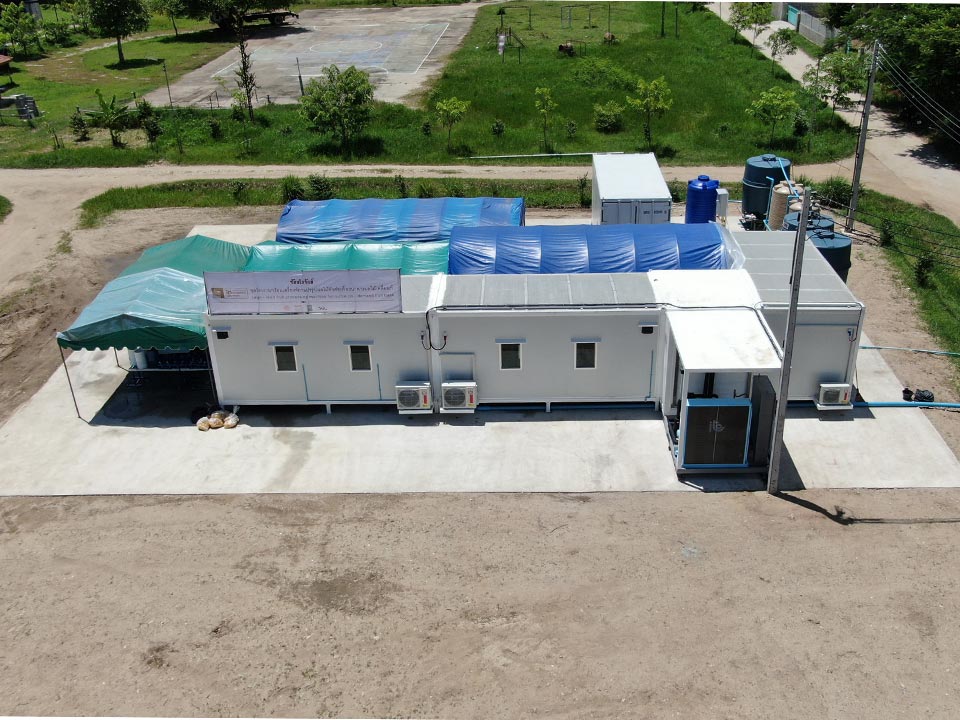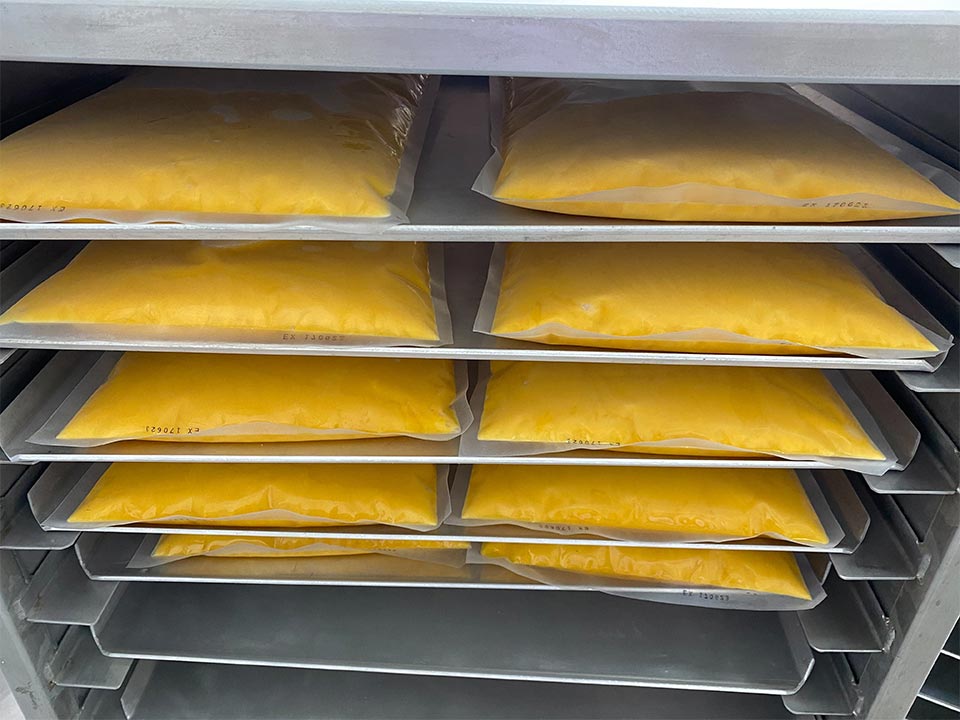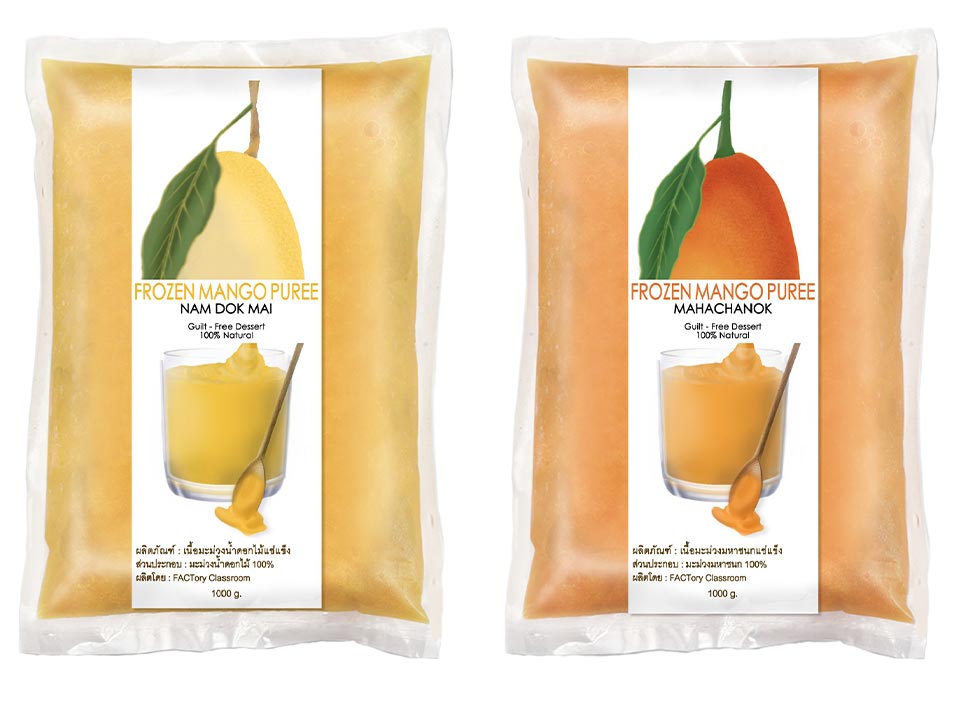Agricultural Product Transformation
Agricultural Product Transformation Project - Roi Jai Rak Project
The area of Tambon Tha Ton, Mae Ai District, Chiang Mai Province, is a vulnerable area with direct impacts on national security as it is located near the Thai-Myanmar border. Over the past years, it has fallen under the influence of a large drug trafficking group, which has connections with cross-border drug traders. Besides apprehending and prosecuting the influential group, developing the quality of life for the community and alleviating poverty is crucial. This is achieved by creating opportunities for the community to engage in legitimate professions to generate honest income. This approach is considered essential for sustainable solutions to the drug problem in the area.
The “Roi Jai Rak Project” commenced on November 15, 2560, as a collaborative effort between various governmental units at the central, regional, and local levels, as well as the private sector. The Mae Fah Luang Foundation is the main implementing agency, and it receives budgetary support from the Office of the Narcotics Control Board (ONCB). The project aims to integrate the principles of alternative development to improve the quality of life for the people in all aspects, thus creating resilience within the community against drug-related issues and other illegal activities. The project will be carried out for a total of 9-12 years in the Huai San Watershed and Huai Mueang Watershed, covering an area of approximately 37,119 rai and four villages, namely Ban Mueang Ngam North, Ban Huai San, Ban Huai Mueang Ngam, and Ban Mueang Ngam South, in Tambon Tha Ton, Mae Ai District, Chiang Mai Province, with a total population of 4,371 people from 1,089 households.
One of the crucial development activities in the project is agricultural improvement, which is the main occupation for more than 80% of the local residents. Emphasis is placed on creating market channels for agricultural products and providing fair income opportunities for the villagers. In the past, the project collaborated with CP Group in supporting mango growers in Ban Huai San to enhance the quality of their mangoes to meet export standards, thereby generating income for the participating farmers amounting to 804,225 baht (increased from 1.2 times the original income). Additionally, support was provided for other crops popular in the area, such as lychee. The project assisted in coordinating the sale of longan products and hiring local residents to collect fallen longan fruits, package them in ice packs, and send them to the Food Processing Factory 2 (Mae Chan), generating income of 13,928 baht for the local residents.
Furthermore, the project cooperated with the Phra Dab Institute to purchase durian fruits from the three southern border provinces, where the project focuses on producing quality durians for export and selling within the project area. This initiative resulted in income for farmers in the southern border provinces, amounting to over 2,779,303 baht while serving as a successful example of enhancing the country’s stability through effective development.
Despite these achievements, the COVID-19 pandemic’s spread during 2563 caused fluctuations in weather conditions, affecting the harvest time and shelf life of agricultural products, and directly impacting transportation and market prices. Therefore, the project considers that solely selling fresh produce is insufficient to generate income for farmers. As a result, the project seeks to extend the shelf life of agricultural products by adopting food industry technology to process them. The project receives cooperation and support from the KMITL FACTory Classroom, Food Engineering Department, Faculty of Engineering, King Mongkut’s Institute of Technology Ladkrabang, in designing a factory for processing agricultural products and developing various knowledge resources for the project’s staff. The full operation of the factory is expected to begin in December 2563.
From the aforementioned collaboration, the project is expected to extend the lifespan of agricultural products and also process agricultural produce into new products. This aims to meet the demand for job creation and increase income for local villagers in the area where farmers have seen ongoing success.
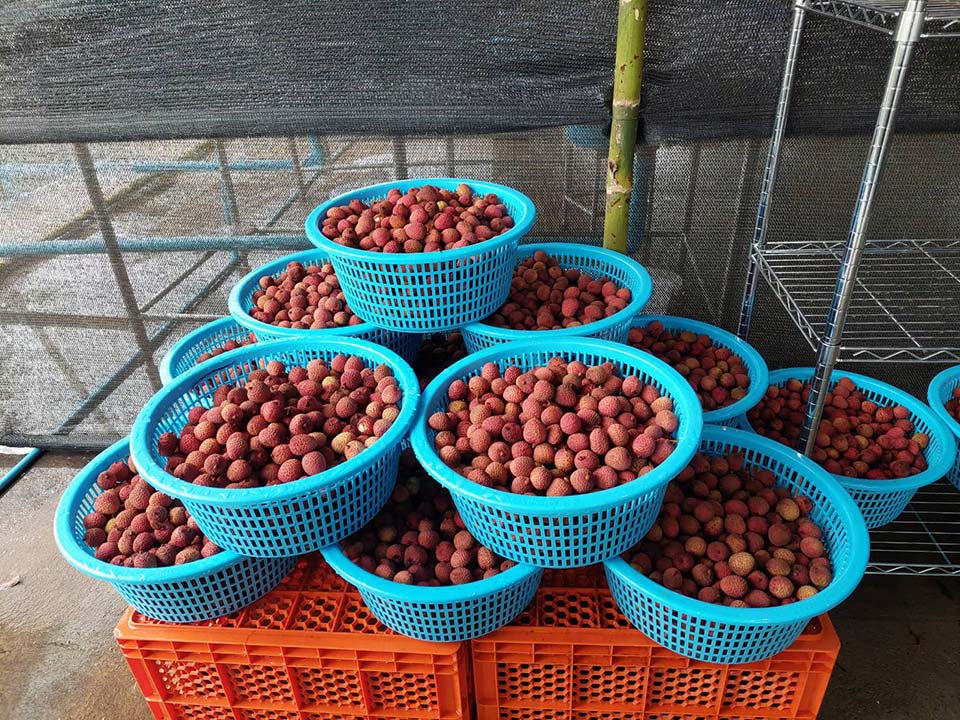
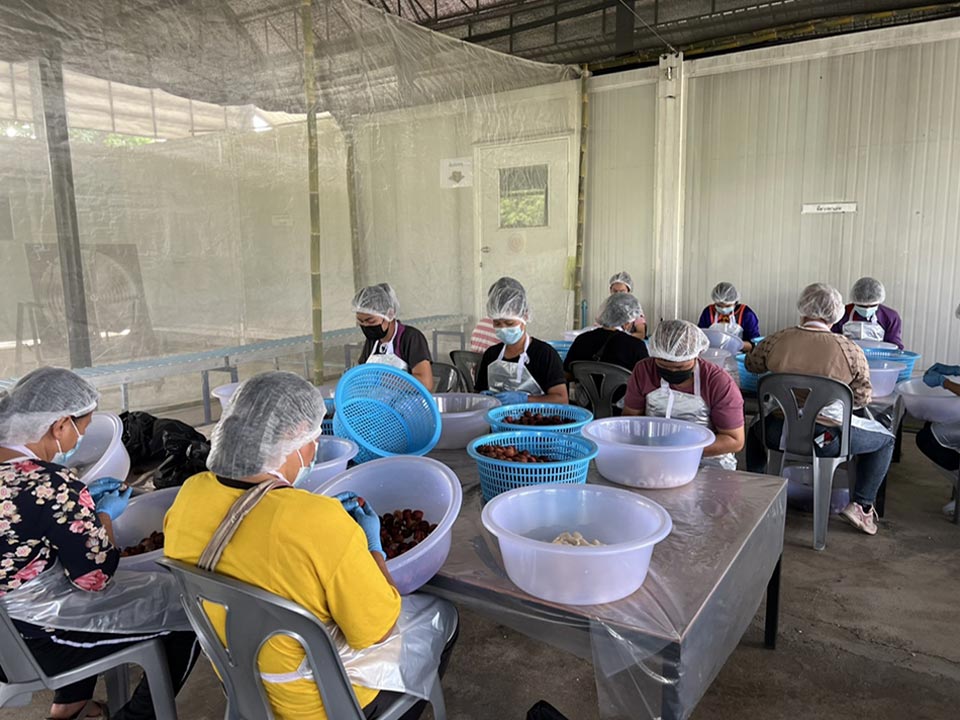
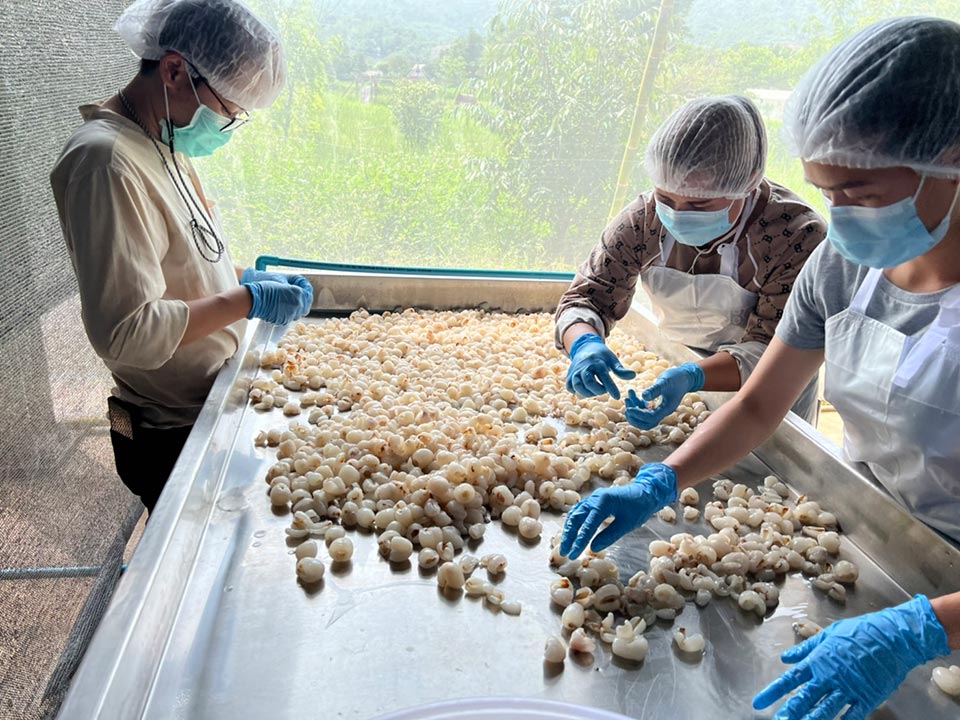
Coordinate with the lychee market and hire villagers to scoop lychees to send to the Royal Food Processing Plant 2 (Mae Chan).
